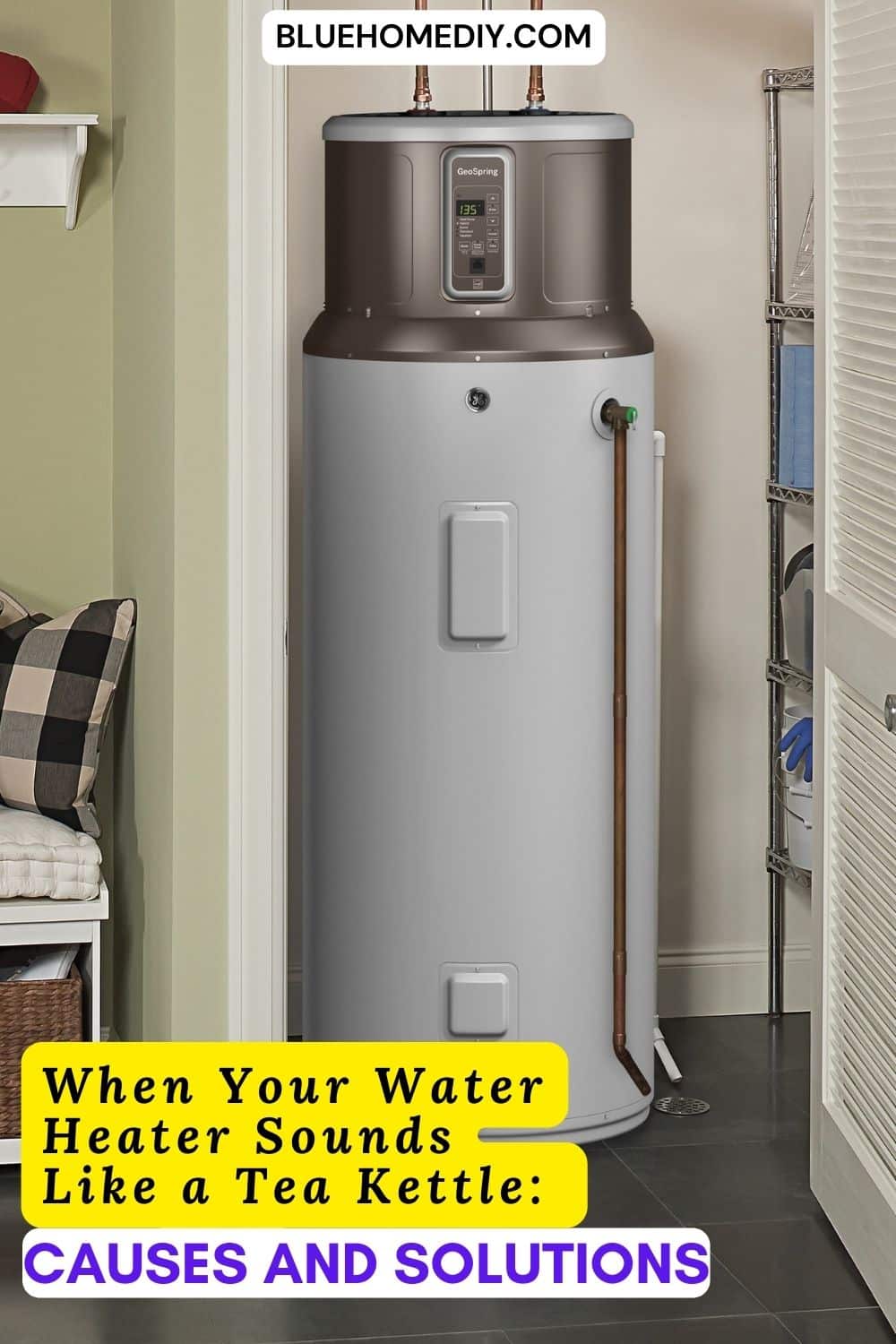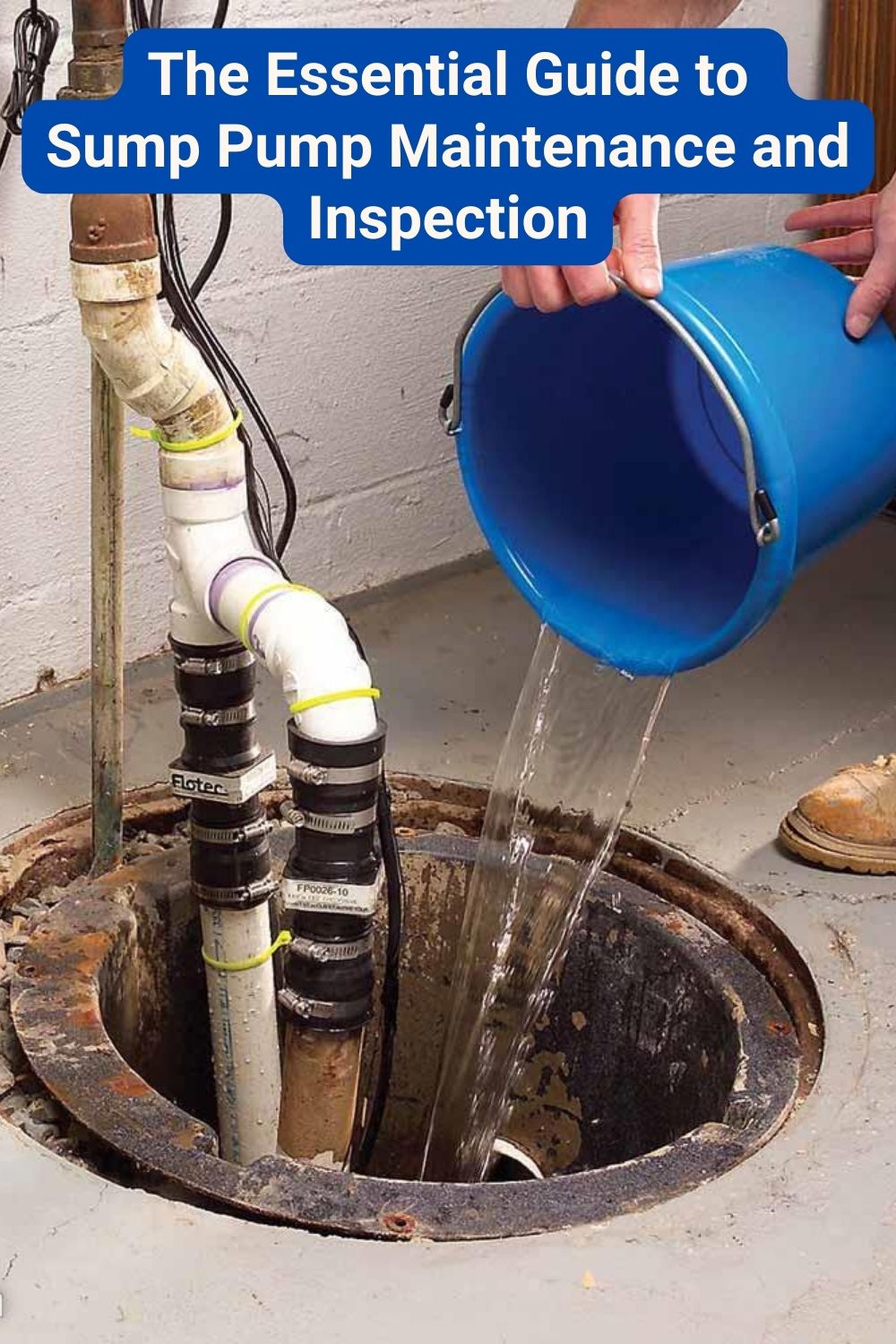There’s something oddly familiar about the sound of a tea kettle whistling on the stove. But what if that high-pitched, boiling noise comes from your water heater? It’s a situation many homeowners find themselves in, and while it might seem quirky at first, understanding why your water heater sounds like a tea kettle can lead to solutions that improve both comfort and safety.
Understanding the Sound
Water heaters can make a strange sound, similar to a tea kettle. Mineral deposits on the heating elements are to blame! When heated, these cause steam bubbles, which rise and burst when reaching the cooler surface, making a hissing or whistling.
To understand why your water heater sounds like a kettle, we need to look at what’s happening. Minerals, such as calcium and magnesium, build up over time in the tank. They settle on the heating elements, forming an insulating barrier. This blocks heat transfer, causing hot spots and temperature changes.
The hot spots cause pockets of water to turn to steam. The steam rises until it reaches the cooler surface, bursting and creating a noise like a boiling tea kettle.
High pressure within the tank can also make the sound worse. Faulty pressure relief valves or closed-off expansion tanks cause this.
Regular maintenance and cleaning can help. Flush out sediments and keep heating elements free from minerals to stop disruptive noise.
Why Does Your Water Heater Sounds Like a Tea Kettle?
Several factors contribute to your water heater’s tea kettle-like sound:
1. Expansion of Water: As the water heats up, it expands, creating pressure within the tank. When this pressure builds up, it can cause vibrations, resulting in the familiar whistling noise. The sound is the water heater’s way of letting off steam.
2. Sediment Buildup: Over time, sediment can accumulate at the bottom of the water heater tank. As the heating element warms the water, the sediment can create uneven pockets of heat. This causes bubbles to form and collapse suddenly, generating noise.
3. Pressure Relief Valve: Water heaters have pressure relief valves as a safety measure. If the pressure inside the tank becomes too high, the valve releases some of the pressure, leading to a whistling sound.
Impact and Concerns
While the sound of a tea kettle might seem harmless, addressing this issue is essential. Ignoring the noise could lead to potential problems down the line. Here are some concerns to consider:
1. Annoyance: The constant sound of a whistling water heater can be irritating, affecting the overall comfort of your home.
2. Safety: Excessive pressure buildup can strain the water heater and its components, potentially leading to leaks or even bursting in extreme cases.
3. Efficiency: Sediment buildup and pressure imbalances can decrease the efficiency of your water heater, resulting in higher energy bills.
Solutions and Prevention
Fortunately, there are steps you can take to address the tea kettle-like sound and prevent its recurrence:
- Check the pressure relief valve. Make sure it’s closed tightly. If not, replace it.
- Lower the water temperature to around 120°F (49°C). High heat causes pressure, which makes noise.
- Add insulation around the pipes. Vibrations from hot water can make whistling sounds.
- Flush the tank. Sediment and mineral buildup can be noisy. Cleaning out the tank helps.
- Tighten loose connections. Pipes and valves should be securely fastened.
- Call a pro. A plumber can find any underlying issues.
For a peaceful home, do regular maintenance on your water heater!
DIY vs. Professional Help

Deciding between DIY solutions and professional assistance depends on your comfort level and the severity of the issue. While homeowners can do basic maintenance like flushing the tank, more complex problems might require the expertise of a professional. Attempting advanced repairs without proper knowledge could exacerbate the problem or compromise safety.
In Conclusion
When your water heater sounds like a tea kettle, it’s more than just a quirky noise. It signals something is amiss. Understanding the causes of this sound and taking proactive steps to address it can improve your water heater’s efficiency, safety, and overall functionality. By flushing the tank, adjusting the temperature, and seeking professional help, you can enjoy a quieter and more reliable water heating experience.
Remember, regular maintenance and attentive care can go a long way in preventing the recurrence of this tea kettle-like sound and ensuring that your water heater serves you well for years to come.
Frequently Asked Questions (FAQ)
Why does my water heater sound like it’s boiling?
The sound from your water heater could be due to sediment buildup at the bottom of the tank. As water heats, minerals can settle and create popping or boiling-like noises. Regular maintenance, like flushing the tank, may help reduce these sounds. If the noise persists or is accompanied by other issues, it’s advisable to have a professional inspect the heater.
Should my water heater sound like it’s boiling?
No, your water heater should not sound like it’s boiling. While some low-level noise is normal as the water heats, loud or persistent boiling-like sounds could indicate a problem, such as a sediment buildup or issues with the heating element.
It’s a good idea to have a professional inspect your water heater if you’re concerned about unusual noises or if they are accompanied by other issues like
Why does my water heater sound like it has rocks in it?
Water heaters shouldn’t make noises like rocks. If you hear strange sounds, there’s likely an issue that needs attention. Sediment buildup in the tank could cause cracking or popping when water heats up. This sediment can also make heating inefficient and reduce the heater’s lifespan.
Flush out your water heater regularly to remove sediment. Drain the tank, then let fresh water flush debris out. Follow safety precautions and consult a pro if you’re unsure how to do it.
The faulty heating elements or malfunctioning thermostats can also cause strange sounds. They must be replaced by a qualified technician for proper functioning.
inconsistent hot water supply.
Is it normal for a water heater to be making gurgling sounds?
Gurgling or bubbling sounds coming from your water heater is not normal and may indicate a problem. These sounds can be caused by issues like sediment buildup, trapped air in the tank, or a malfunctioning heating element. Regular maintenance can help prevent such problems.
What does a bad water heater sound like?
A bad or failing water heater can produce various sounds, and these can serve as signs of potential issues. Common sounds associated with a problematic water heater include:
- Rumbling or Boiling: This may indicate sediment buildup in the tank, which can reduce efficiency and potentially damage the heating element.
- Popping or Crackling: Similar to rumbling, these noises can also result from sediment accumulation and may suggest that it’s time to flush the tank.
- Hissing or Whistling: These sounds could be due to a faulty pressure relief valve or a water heater that’s operating at excessively high pressure.
- Banging or Hammering: Water hammer sounds can occur if there are loose pipes or water pressure problems in your plumbing system, potentially caused by a malfunctioning water heater.
- Screeching or Squealing: These noises often originate from a faulty or failing heating element, and they can indicate the need for repairs or replacement.
- Silence: If your water heater is completely silent and not producing hot water, it might have a power supply issue, a tripped breaker, or a malfunctioning thermostat.
Is the whistling sound dangerous?
No, the whistling sound itself is not dangerous. However, it indicates a potential problem with your water heater, which may lead to issues if left unaddressed. It is best to investigate the cause of the sound and take necessary measures to prevent further complications.
How can I fix the whistling sound?
To fix the whistling sound, you can try flushing out the sediment or mineral deposits in your water heater. Start by turning off the power and cold water supply to the heater. Attach a hose to the drain valve and run it to a drain or bucket. Open the drain valve and let the water flow until it runs clear, removing any sediment causing the noise.
Should I consult a professional for help?
If flushing the water heater does not resolve the issue, or if you are uncomfortable performing the task yourself, it is advisable to consult a professional plumber or water heater technician. They have the expertise and tools to inspect, diagnose, and repair any underlying problems causing the whistling sound.
Can a whistling water heater cause damage?
While the whistling sound itself may not cause direct damage, it can indicate an issue that, if left unattended, could potentially result in damage to the water heater or other components of your plumbing system. Therefore, it is important to address the problem to prevent any further complications.
How can I prevent the whistling sound from returning?
To prevent the whistling sound from recurring, it is recommended to regularly flush your water heater to remove sediment and mineral buildup. Additionally, consider installing a water softener system to reduce the amount of minerals in your water supply, which can help prevent future whistling noises.





Leave a Reply